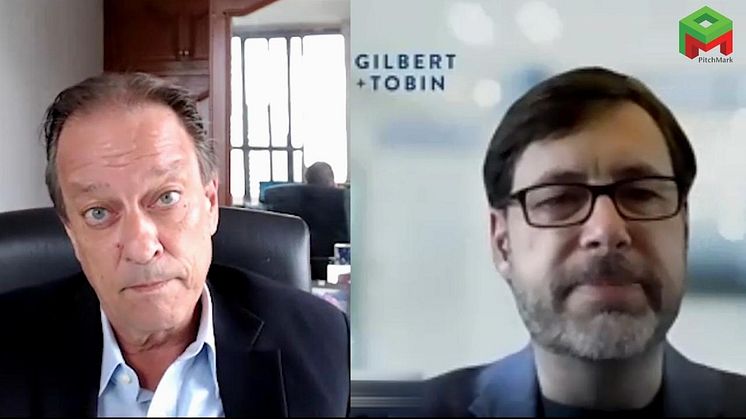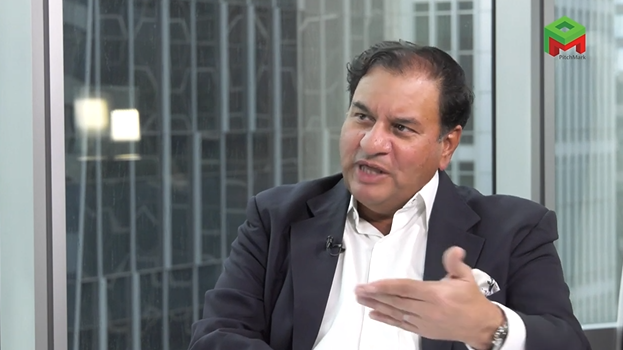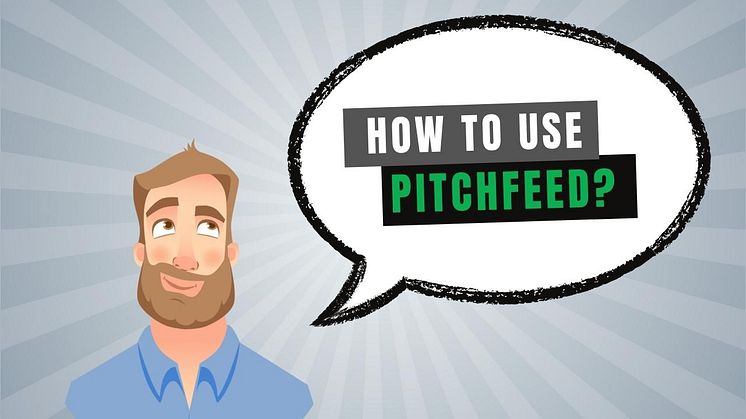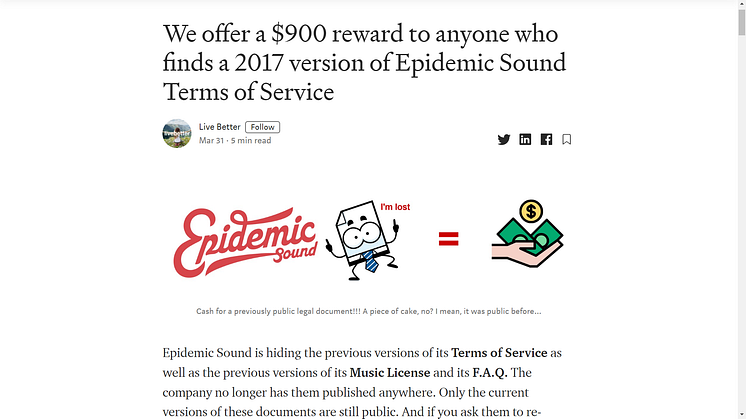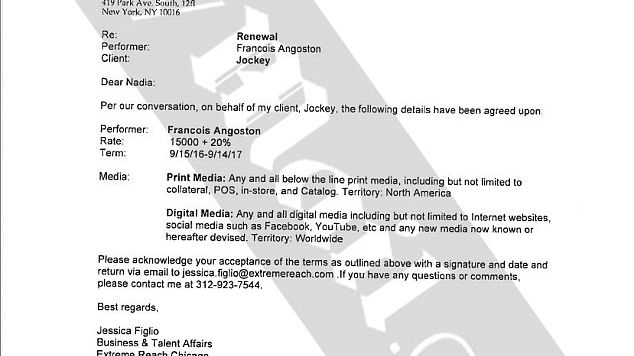Australia’s approach to online enforcement for copyright infringement
Michael Williams heads the intellectual property group at Australian law firm Gilbert + Tobin, and played an instrumental role in advocating for the introduction of site blocking under Australian copyright law.
In this conversation with PitchMark legal advisor Frank Rittman, he elaborates on how Australian legislation deals with Internet service providers whose networks are used by their custom
